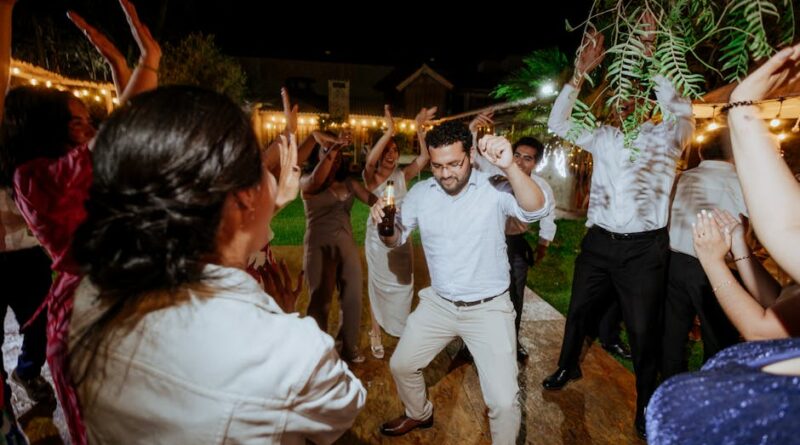The Role of Music in Social Movements
Music has always played a crucial role in shaping societies, reflecting cultural values, and influencing individuals. Throughout history, music has been an integral part of social movements, serving as a powerful tool for advocacy, protest, unity, and resistance. From civil rights movements to anti-war protests, music has been a driving force behind social change, rallying people together and amplifying voices that may otherwise go unheard.
Historical Background
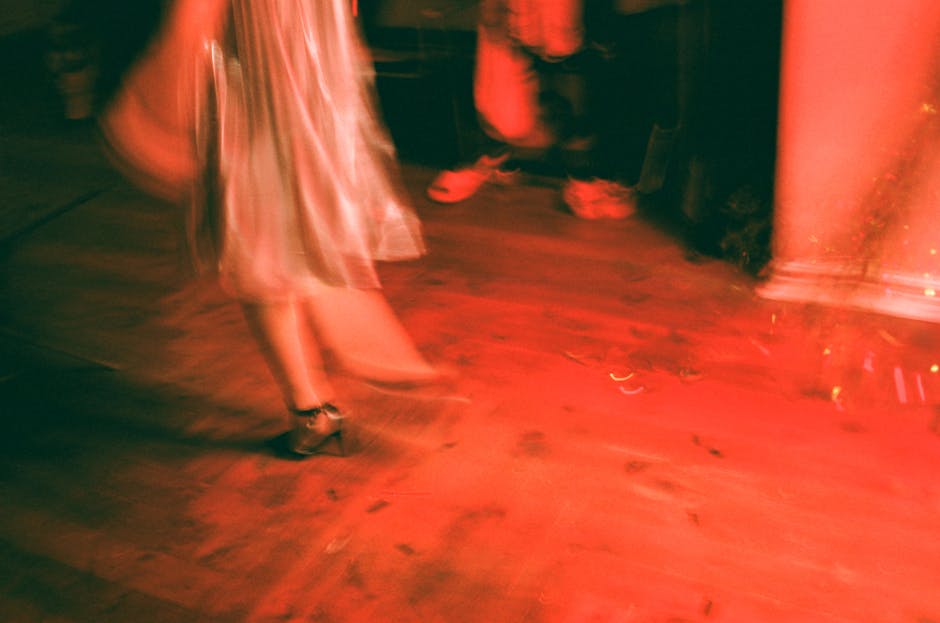
Music has been intertwined with social movements for centuries, dating back to ancient civilizations where songs were used to communicate messages, inspire action, and preserve cultural heritage. In the 20th century, music became a central component of various social movements, including the civil rights movement in the United States, the anti-apartheid movement in South Africa, and the anti-war movement during the Vietnam War.
During the civil rights movement, artists like Nina Simone, Bob Dylan, and Sam Cooke used their music to raise awareness about racial inequality, discrimination, and segregation. Songs like “Strange Fruit” by Billie Holiday and “A Change Is Gonna Come” by Sam Cooke became anthems for the movement, expressing the pain, hope, and resilience of the African American community.
Similarly, in South Africa, musicians like Miriam Makeba and Hugh Masekela used their music to protest against the oppressive apartheid regime, calling for freedom, equality, and justice. Songs like “Soweto Blues” by Miriam Makeba and “Bring Him Back Home” by Hugh Masekela captured the spirit of resistance and solidarity among the oppressed population.
The Power of Protest Songs
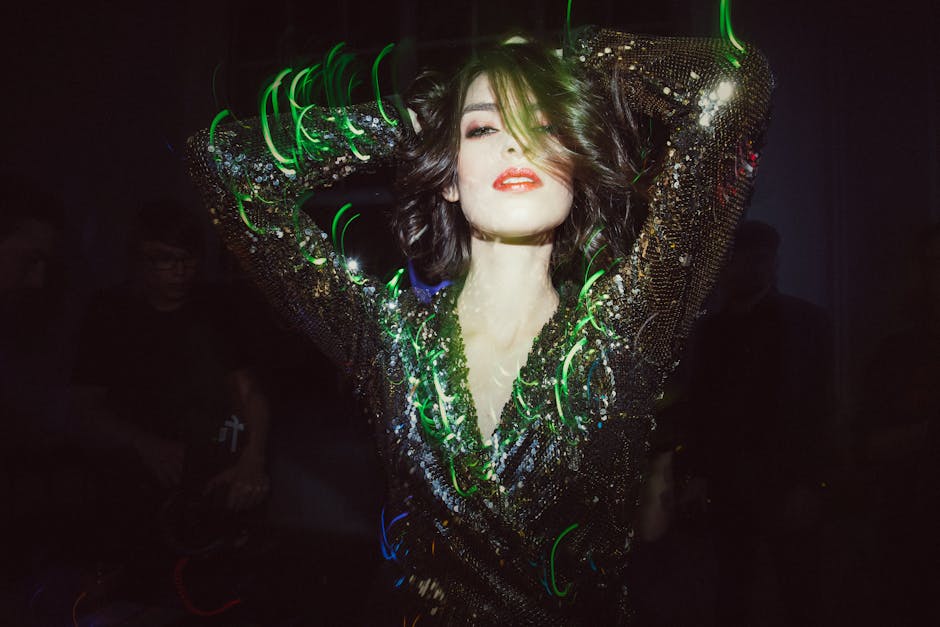
Protest songs have been a driving force behind many social movements, providing a voice for the marginalized, oppressed, and disenfranchised. These songs often convey powerful messages, evoke strong emotions, and inspire people to take action. Protest songs can range from folk ballads to hip-hop anthems, encompassing a wide variety of musical genres and styles.
One of the most iconic protest songs of all time is “We Shall Overcome,” which became the anthem of the civil rights movement in the United States. Originally a gospel hymn, “We Shall Overcome” was transformed into a rallying cry for equality, justice, and freedom. The song was sung at marches, rallies, and sit-ins, uniting people of all races and backgrounds in the fight against racial segregation.
Another famous protest song is “Imagine” by John Lennon, which calls for peace, unity, and harmony in a world torn apart by conflict and division. The song’s simple yet profound lyrics resonate with people around the world, inspiring them to imagine a better future and work towards creating a more peaceful and just society.
Music as a Form of Resistance
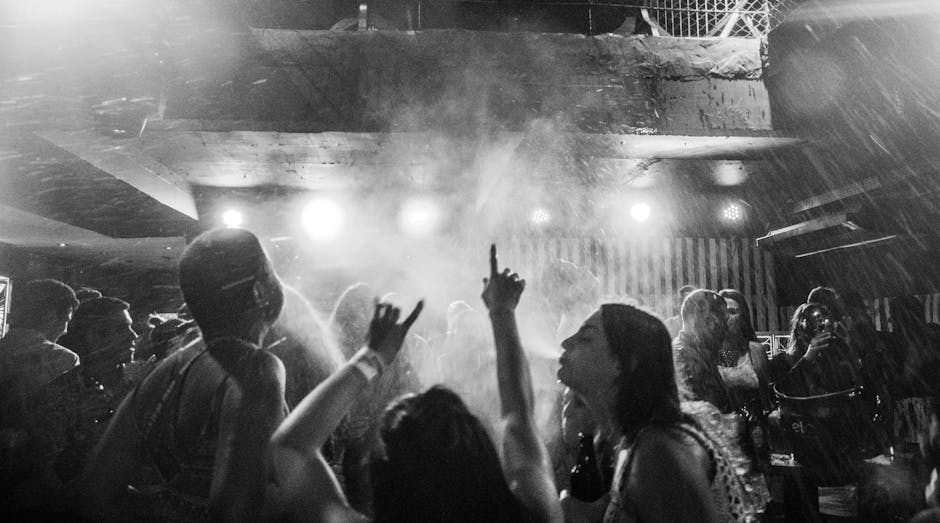
Music has often been used as a form of resistance against oppressive regimes, authoritarian governments, and social injustices. Artists who speak out against injustice, censorship, and persecution put themselves at risk of retaliation, imprisonment, or even death. Despite the dangers, many musicians continue to use their platform to advocate for change, challenge the status quo, and empower others to speak up.
In countries like Iran, China, and Russia, musicians face censorship, intimidation, and harassment for expressing dissenting views or criticizing the government. Despite these obstacles, artists like Hamed Zamani, Pussy Riot, and Yegor Letov continue to produce music that challenges authority, exposes corruption, and amplifies the voices of the marginalized.
One example of music as a form of resistance is the song “Bella Ciao,” an Italian folk song that became a symbol of resistance against fascism and oppression during World War II. The song was sung by the Italian partisans as they fought against the Nazi occupation, embodying the spirit of defiance, courage, and solidarity in the face of tyranny.
Music and Social Change
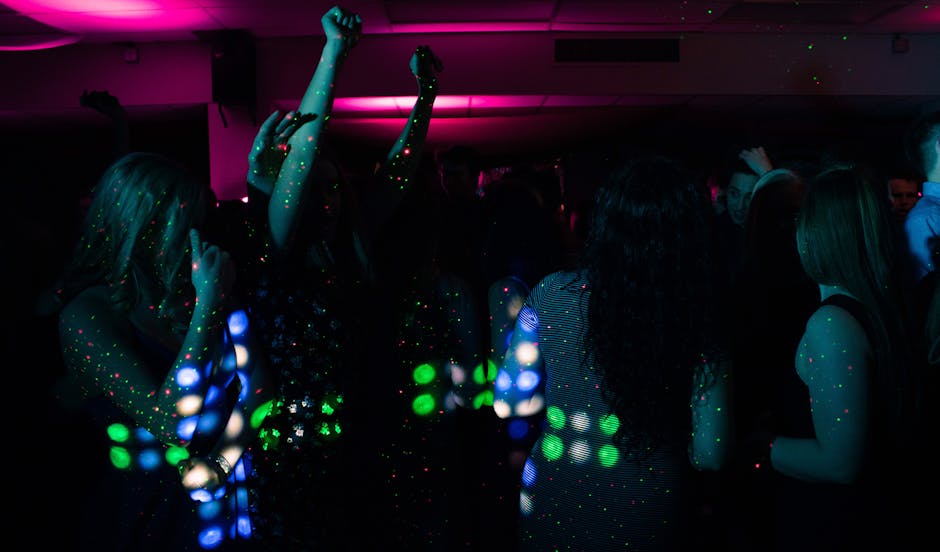
Music has the power to inspire, educate, and mobilize people towards social change, fostering empathy, understanding, and unity among diverse communities. Through music, individuals can connect with others, share their experiences, and amplify their voices in a way that transcends language, culture, and geography.
In recent years, social movements like Black Lives Matter, #MeToo, and climate activism have used music as a tool for advocacy, awareness-raising, and community organizing. Artists like Beyonc, Kendrick Lamar, and Billie Eilish have lent their voices to these movements, creating songs that address systemic racism, gender inequality, and environmental degradation.
For example, Beyonc’s song “Formation” became an anthem for the Black Lives Matter movement, celebrating black culture, resilience, and pride in the face of police brutality and racial discrimination. The song’s powerful lyrics and imagery ignited a national conversation about race, identity, and social justice, inspiring people to take a stand against injustice.
Expert Opinions
According to Dr. Sarah Banet-Weiser, a professor of media and communication at the University of Southern California, “Music has the unique ability to convey complex emotions, experiences, and ideas in a way that resonates deeply with people. In social movements, music serves as a bridge between individuals, communities, and causes, fostering solidarity, empathy, and activism.”
Dr. Banet-Weiser also notes that “Music can be a powerful tool for storytelling, education, and mobilization, helping to amplify marginalized voices, challenge dominant narratives, and inspire collective action. By harnessing the emotional power of music, social movements can create lasting change and impact in society.”
Common Misconceptions
One common misconception about the role of music in social movements is that it is merely a form of entertainment or distraction. In reality, music has always been a tool for social change, resistance, and empowerment, providing a platform for marginalized groups to express their grievances, aspirations, and demands.
Another misconception is that music is only effective in inspiring short-term emotions or reactions, rather than sustained activism or engagement. While music can certainly evoke strong emotions and mobilize people in the moment, its impact can also be long-lasting, shaping beliefs, attitudes, and behaviors over time.
Comparative Analysis
When comparing the role of music in different social movements, it becomes apparent that music has a universal appeal that transcends borders, languages, and cultures. While the specific messages, genres, and artists may vary from one movement to another, the underlying power of music to unite, inspire, and mobilize remains constant.
For example, the protest songs of the civil rights movement in the United States may differ in style and content from the protest songs of the anti-apartheid movement in South Africa, but both movements used music to challenge systemic racism, inequality, and oppression. Similarly, the feminist anthems of the #MeToo movement may differ from the environmental ballads of the climate activism movement, but both movements use music to amplify the voices of the marginalized and demand social change.
Conclusion
In conclusion, the role of music in social movements is profound, multifaceted, and enduring. Music has the power to inspire, educate, and mobilize people towards social change, serving as a catalyst for activism, unity, and resistance. As we continue to grapple with pressing social issues like racism, sexism, and environmental degradation, music will remain a vital tool for advocacy, awareness-raising, and community organizing. By harnessing the emotional power of music, social movements can create lasting change and impact in society.
To wrap things up, let us remember the words of Martin Luther King Jr., who said, “Injustice anywhere is a threat to justice everywhere.” Through music, we can amplify the voices of the marginalized, challenge the status quo, and build a more just and equitable world for all.

